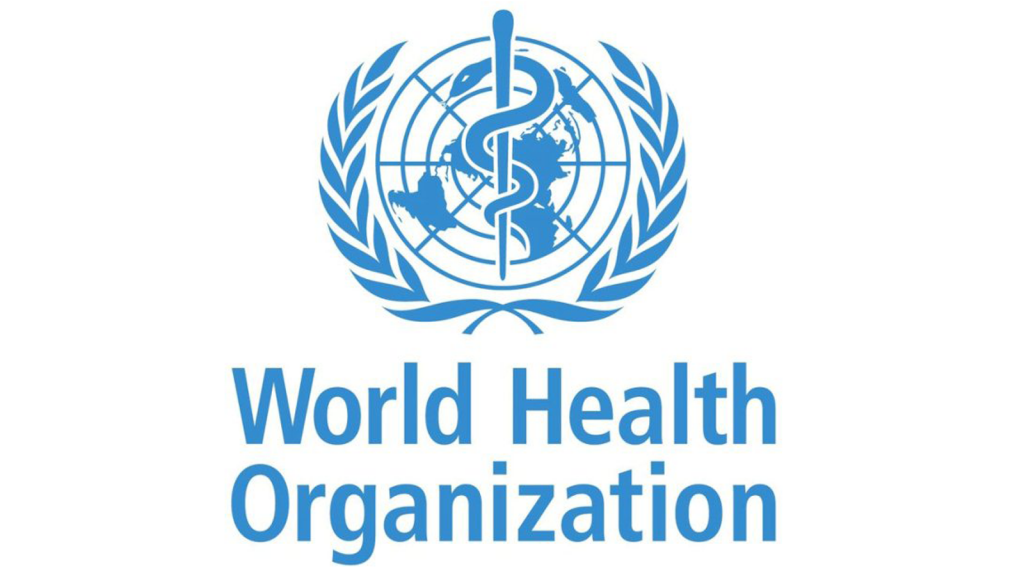Delivering contraceptive services in humanitarian settings
External Resource
17/12/2018 12:00 am
Share-Net Digital Platform
WHO has launched a new tool intended for front-line health care providers to help women initiate contraception in emergency and humanitarian settings.
According to a recent report by the UN refugee agency UNHCR, across the globe there are an estimated 68.5 million forcibly displaced people in the world, including 25.4 million refugees. Women in these situations may find themselves at much greater risk of an unintended pregnancy. Informed family planning choices is a basic human right and allows both women and couples to take control of their reproductive health choices and more so family size, and more so during hardships and chaos. This tool is now available to download both as a PDF from this page and also as an App. It is expected that the App will be of particular and timely use to those working in humanitarian and emergency settings.
The tool, “Contraceptive delivery tool for humanitarian settings” provides guidance regarding “who” can use contraceptive methods and “how” to use these methods safely and effectively. It also includes a checklist for users on how to be reasonably certain that a woman is not pregnant, as well as a clear graphic that compares the effectiveness of different contraceptive methods. The management of missed pills is also covered and information on the provision of emergency contraception is also included. As women are particularly vulnerable to sexual violence in humanitarian and emergency settings, a section has also been included on how to approach the provision of care to women who may have been subjected to it.
The information in the tool draws upon recommendations from the “Medical eligibility criteria for contraceptive use, 5th edition, 2015” and the Selected practice recommendations for contraceptive use, 3rd edition, 2016, with the exception of several adaptations pertinent to humanitarian settings.
In addition to the medical eligibility criteria, the tool draws upon recommendations from the Selected practice recommendations for contraceptive use, 3rd edition, 2016. It includes considerations for initiating a contraceptive method; a checklist on how to be reasonably certain that a woman is not pregnant; as well as information on the effectiveness of methods and the management of missed pills. It also provides some guidance on how to respond to a woman who may have been subjected to intimate partner violence or sexual violence.
You can download the tool via this link.
Source: https://www.who.int/reproductivehealth/publications/humanitarian-settings-contraception/en/
